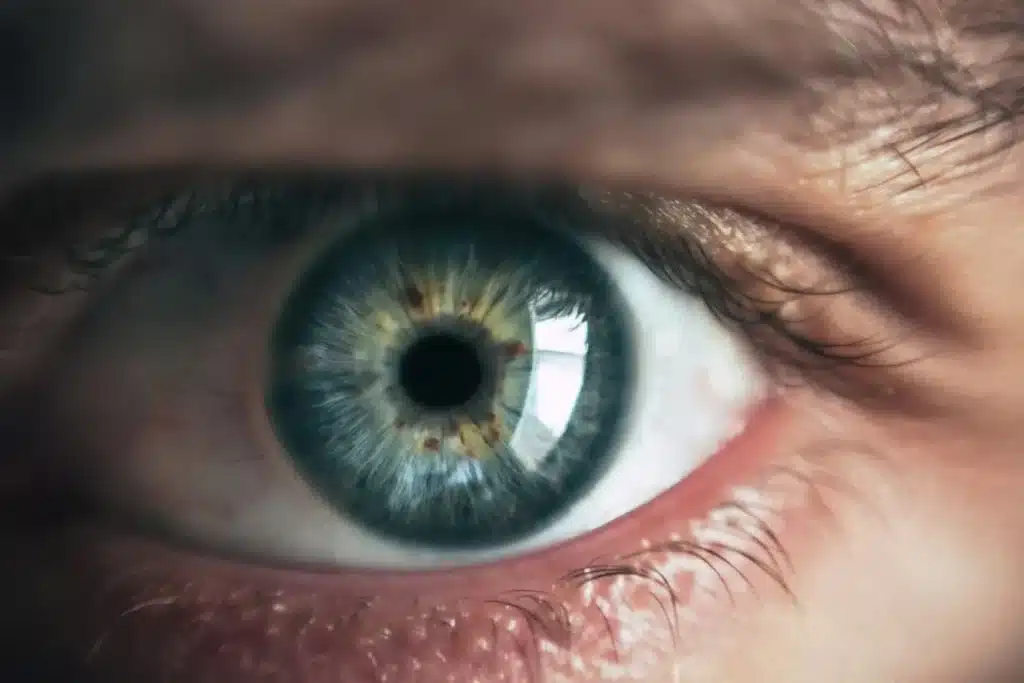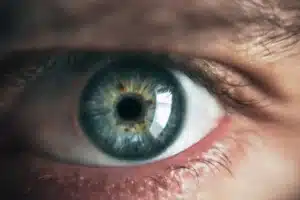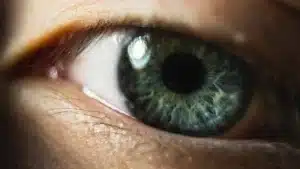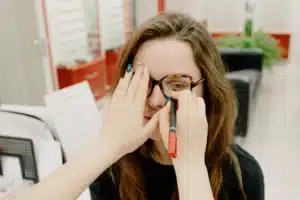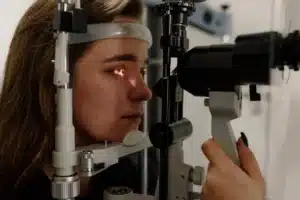The retina is one of the most important eye structures. It’s located in the back of the eye and is a thin layer of tissue made up of light-sensitive cells. The retina is responsible for converting focused light into an electrical signal, which is then sent to the brain via the optic nerve.
Your retina is made up of around 125 million rods and around 7 million cones. Rods are located throughout the retina and play a role in peripheral vision and movement perception, while cones are found in the center of the retina and play a role in central vision, color, and detail.
Since the brain can’t process an image unless the retina converts light into an electrical signal, maintaining a healthy retina is essential when avoiding vision problems. Luckily, an annual comprehensive eye exam can help detect retinal damage in the early stages of development.
Common Retinal Disorders & Retinal Diseases
Retinal disorders can be extremely detrimental to your vision. Not only can they lead to severe vision loss, but they can even result in blindness — especially if not detected, diagnosed, and treated in a timely manner. That’s what makes a regular comprehensive eye exam so important.
Of course, retinal diseases come in many different forms and can affect any part of the retina. Some diseases are more dangerous than others, but a visit to the eye doctor can help you preserve and restore vision for as long as possible — which is what we all want, isn’t it?
Let’s take a look at some of the most common retinal diseases and how they affect vision:
Retinal Tear
Retinal tears affect nearly 60% of people over the age of 70 and are one of the leading causes of retinal detachment, which we’ll get to shortly. A retinal tear occurs due to shrinkage of the vitreous gel, which pulls the vitreous away from the retina, resulting in retinal tissue tearing.
Believe it or not, this is a normal part of the aging process and it’s a large reason why it affects so many elders. It can also happen after an eye injury or eye trauma. Either way, laser surgery or cryotherapy can help avoid vision impairment and reduce the symptoms of a retinal tear.
Retinal Detachment
A retinal detachment is similar to a retinal tear. The main difference between the two is a retinal detachment occurs when the vitreous is completely detached from the retina. This generally happens when fluid travels through a tear and separates the retina from the blood vessels.
This is an emergency situation and requires immediate medical assistance, especially since the blood vessels supply both oxygen and nourishment to the retina. Laser surgery can help treat any retinal tears and reattach the retina to the vitreous, which can help restore your vision.
Diabetic Retinopathy
Diabetes is a disease that damages the body’s network of small blood vessels, including those found in the retina. High blood sugar levels can block the blood vessels and cut off the retina’s supply of oxygen and nourishment. To combat this, the eye attempts to form new blood vessels.
Unfortunately, these new blood vessels aren’t developed properly and are prone to leaking, which causes the retinal tissue to swell. This is called diabetic retinopathy and affects one in three people with diabetes. The good news is you can avoid vision loss with early treatment.
Macular Degeneration
The macula is the central part of the retina and is responsible for color, detail, and central vision. Often referred to as age-related macular degeneration (AMD), macular degeneration is caused by damage to the macula. Your peripheral vision isn’t affected, but you start losing central vision.
With dry AMD, your macula thins as you age, and drusen (tiny protein clumps) form in the macula. With wet AMD, blood vessels form underneath the macula and leak fluid into the retina. While there’s no cure for macular degeneration, treatment can help slow the loss of vision.
Macular Hole
As we age, the vitreous starts to pull away from the retina. If the vitreous sticks to the retina, it can cause a small tear or opening in the macula — the central part of the retina. At first, the hole results in distorted, wavy, and blurry vision. As the hole grows larger, you’ll notice dark spots.
A macular hole is generally treated with surgery, called a vitrectomy. During the surgery, the hole is closed by removing the vitreous gel and replacing it with a new solution. A small incision is made in the eye to suction out the vitreous, while gas/air helps keep the retina in place.
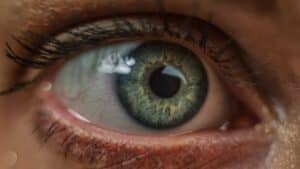
Warning Signs & Symptoms of Retinal Disease
Retinal disorders are no different than any other eye disorder in the sense that early detection often leads to the best treatment. The earlier you can spot the warning signs and receive a proper diagnosis, the better chance you have of restoring and preserving your vision long-term.
Here are some of the common warning signs and symptoms of retinal disease:
- Noticing floaters or flashes of light
- Blurred vision or distorted vision
- Vision loss or impairment
- A gradual reduction in peripheral vision
- Loss of central vision
- Dark spots or blind spots in the field of vision
A majority of retinal disorders are caused by the normal aging process, eye injury, or eye trauma. That’s why it’s essential that you visit your eye doctor regularly for an eye exam. They have the tools, technology, and equipment necessary to detect and diagnose retinal disorders.
Contact Milwaukee Eye Surgeons Today!
There’s nothing more important than maintaining eye health long-term, especially since vision loss and vision impairment are inevitable as we age. The longer you can preserve your vision, the better your quality of life will be. And when the quality of life is high, you can live a happy life.
At Milwaukee Eye Surgeons, we take pride in offering best-in-class eye care services. Whether you suspect issues with your retina or you haven’t scheduled an eye exam in a long time, contact Milwaukee Eye Surgeons today. We can’t wait to help you preserve your eyesight!

